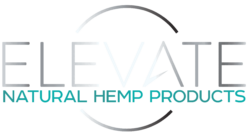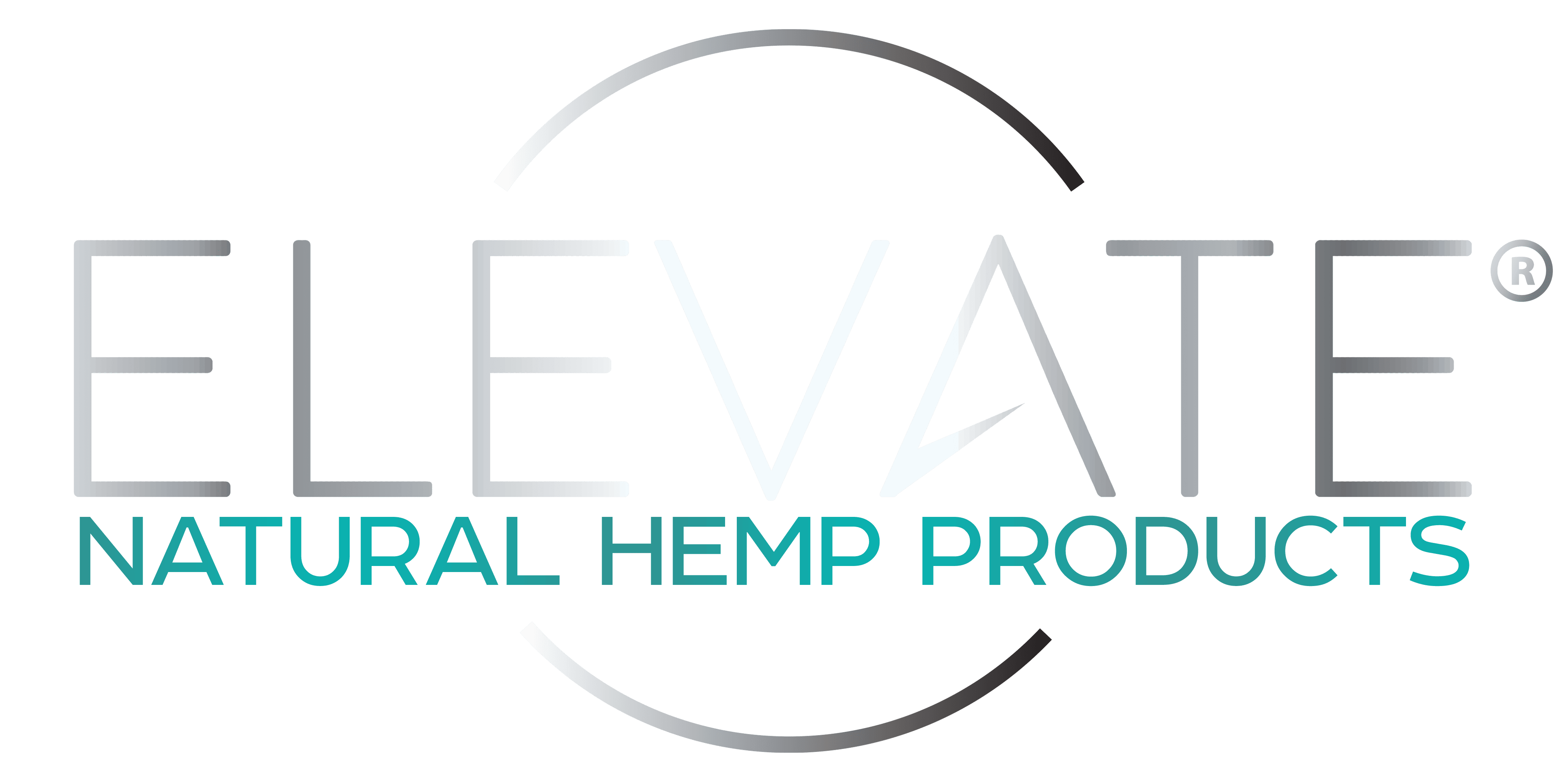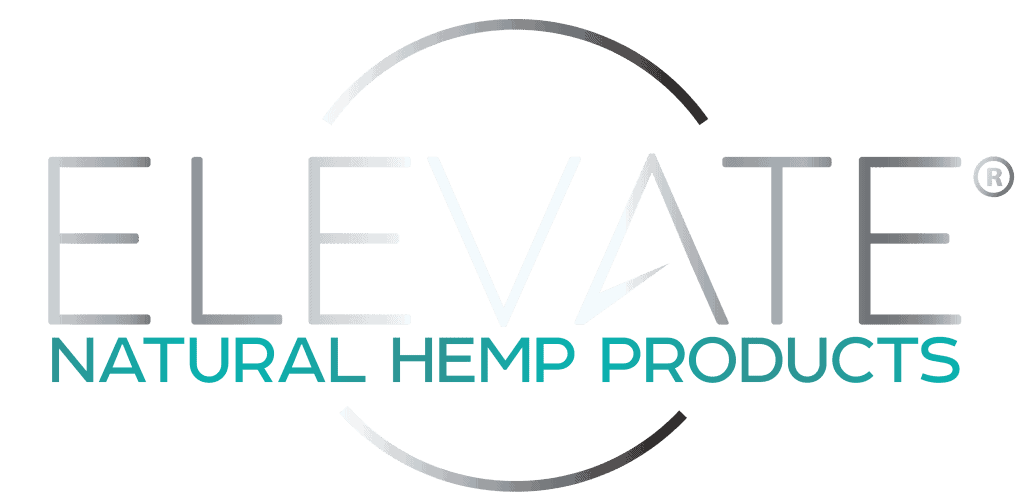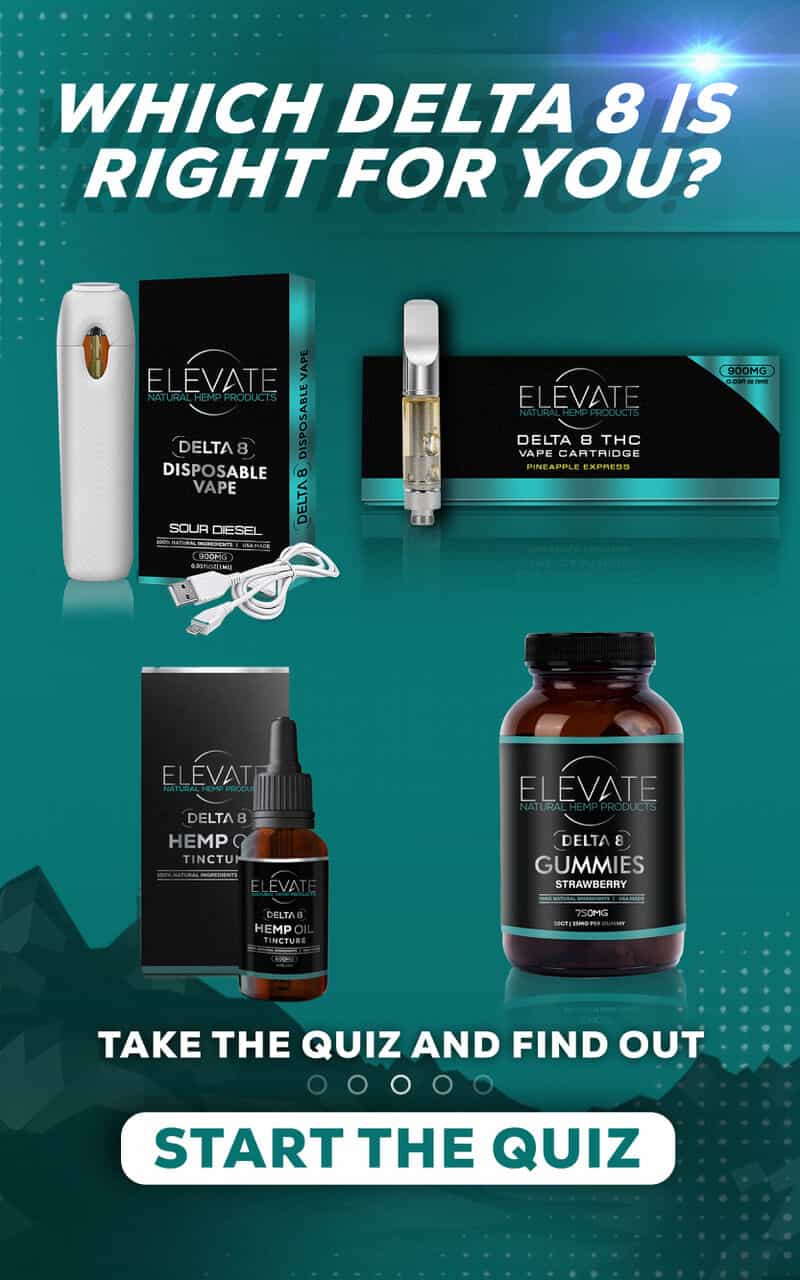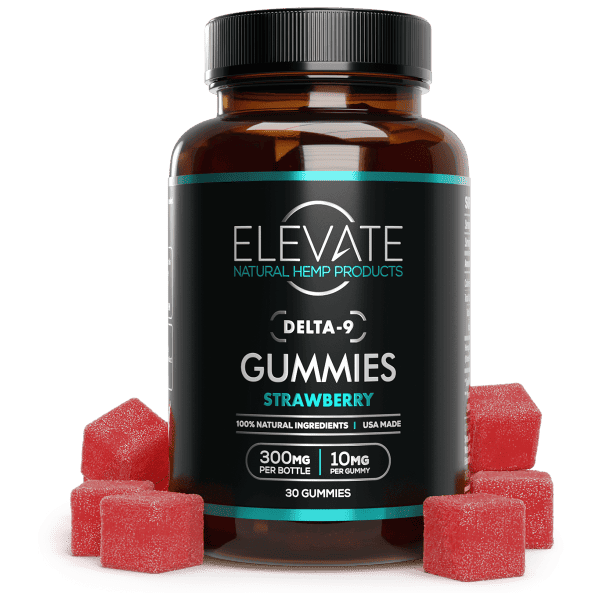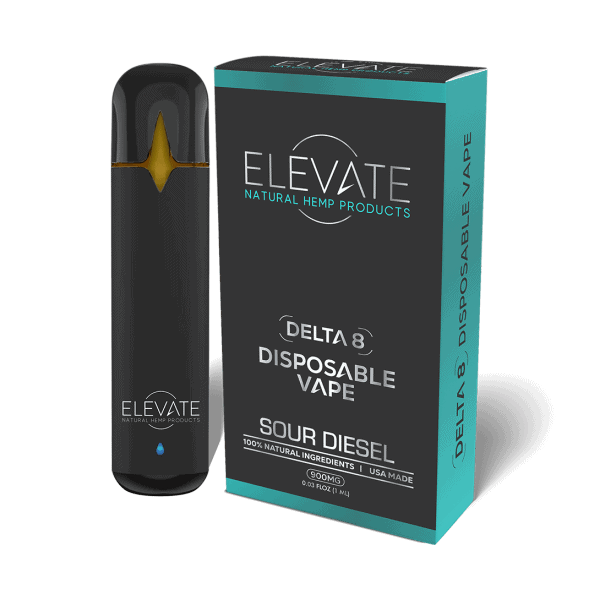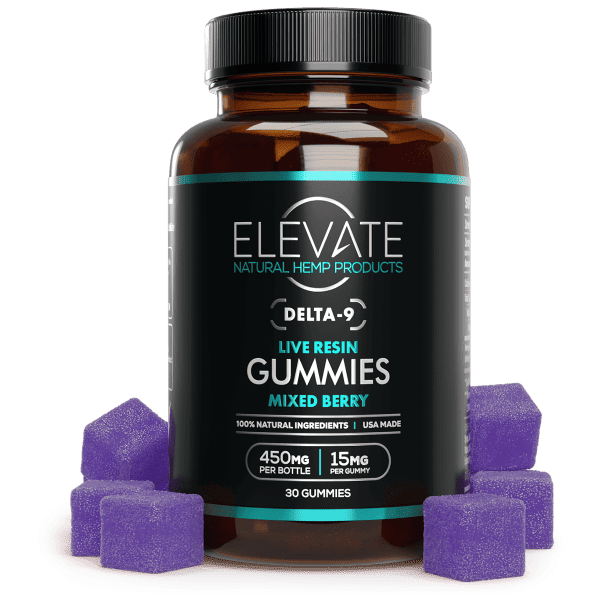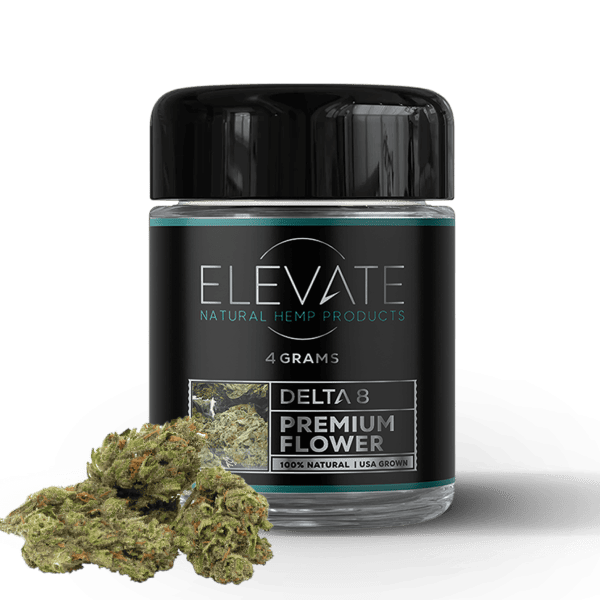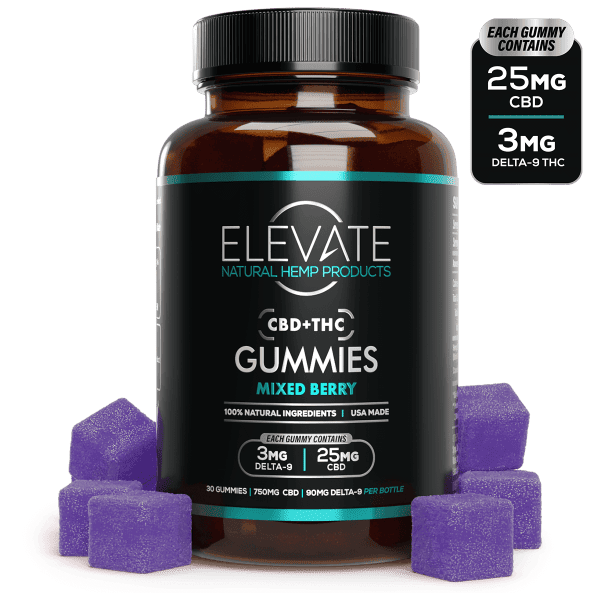
Is HHC Legal?
It’s a question that’s been floating around, causing ripples of curiosity, concern, and conversation. Imagine you’re at a dinner party, and amidst the chatter about the latest movies and vacation spots, someone drops the HHC bombshell. Everyone leans in, intrigued and eager for information.
The complexities of HHC’s legal status have left many of us scratching our heads, looking for clarity in a fog of hearsay and half-truths. Whether you’re a casual inquirer, a concerned parent, or just someone with a penchant for legal trivia, you’ve landed at the right spot. Let’s dive into this enigmatic subject and separate fact from fiction.
As we navigate the winding road of HHC’s legal landscape, it’s essential to approach the topic with an open mind and an appetite for knowledge. The issue is multifaceted, with historical, cultural, and medical dimensions influencing the legal stances. So, put on your detective hat, grab your magnifying glass, and let’s uncover the mysteries of HHC’s legality together.
What is HHC?
There’s a newcomer that’s been creating quite a stir: HHC. Its unique properties, especially its ability to play tricks with drug test results, have piqued the interest of many. But what is HHC, and why is it becoming a topic of interest?
A Historical Glimpse
HHC’s journey began back in 1944, when American chemist Roger Adams, in a pioneering act of scientific exploration, decided to experiment with delta-9 THC. By introducing hydrogen molecules to THC, he successfully underwent a process known as hydrogenation.
The result was a transformed cannabinoid: hexahydrocannabinol or HHC. To understand the significance of this, think about how vegetable oils are turned into margarine through a similar hydrogenation process. It’s fascinating how simple chemical modifications can lead to entirely new substances with distinct characteristics.
Modern Production and Significance
While the inception of HHC was rooted in the extraction from conventional THC-heavy hemp, the landscape has shifted significantly. Today’s HHC is often derived from industrial hemp, a variant of the cannabis plant characterized by its minimal THC content and often a richer CBD profile.
What’s noteworthy is that the cultivation of industrial hemp is legal in a majority of countries. This legality of hemp derivatives stands in stark contrast to the higher THC-content plants, which face more restrictive regulations globally.
The appeal of HHC doesn’t just lie in its lineage or method of production. The very fact that it can potentially interfere or even camouflage drug test results makes it even more intriguing to researchers and users alike.
It’s a feature that, while causing excitement in some quarters, has also raised eyebrows and concerns in others. As HHC gains traction, one thing is certain: its potential and impact in the world of cannabinoids are still unfolding.
Is HHC Natural?
When delving into the realm of cannabinoids, a recurring question seems to emerge: Is HHC natural? To answer this, it’s essential to understand the intricate journey HHC undergoes, from its origin in the hemp plant to its final manifestation as a consumable product.
Initially, the process starts with CBD, a naturally occurring compound extracted from raw hemp plants. This extraction is then distilled and isolated, resulting in a pure CBD powder. So far, everything about the process remains natural. However, the transformation from CBD to HHC introduces a twist to this tale.
Visualize a chemical reactor, akin to a mystical alchemy box. Into this reactor, the isolated CBD is introduced, and through a series of chemical reactions, outcomes HHC in the form of a rich, golden-dark oil. This seemingly magical transformation, though, is grounded in rigorous science and not the verdant fields of nature. Post-production, this oil undergoes further refinement and distillation to ensure its purity and potency.
Given this synthetic production process in controlled environments, it’s clear that HHC, while derived from natural components, undergoes significant laboratory modification. In essence, while its roots are natural, HHC itself is a synthetic cannabinoid, crafted with the expertise of modern science. Thus, while its foundation lies in nature, its final form is the brainchild of human innovation.
Is HHC Legal?
While HHC is derived from THC, its psychoactive effects are reportedly milder, making it appealing to a specific user base. However, this does not necessarily translate to widespread legality. The general heuristic that’s been observed is: that where THC is legal, HHC often follows suit. Yet, this isn’t a universally accepted axiom. As states individually determine their stances on cannabinoids, HHC’s legality varies widely across the U.S.
Also, the federal government’s stance on HHC remains indeterminate, resulting in a patchwork of state-specific regulations. For consumers and distributors alike, it’s imperative to stay updated with local legislation to understand whether HHC is permitted or prohibited. As the cannabinoid industry continues to grow, and as more research emerges, the legal landscape for substances like HHC will undoubtedly evolve.
The dynamic panorama of cannabinoids in the U.S. is a testament to the ever-evolving nature of both science and law. Among the most recent entrants to this stage is HHC, and its legal standing is as multifaceted as its chemistry. To truly understand where HHC stands, we must embark on a detailed exploration of federal law.
Here’s a state-by-state legal status of HHC:
Alabama: Status – Legal
In Alabama, hemp-derived HHC is entirely legal. The state’s legislation permits tetrahydrocannabinol sourced from hemp, separating it distinctly from marijuana-derived THC products.
Alaska: Status – Legal with restrictions
Alaska has approved hemp-derived HHC but with a stipulation: it must maintain a THC concentration below 0.3%. This limitation affects the strength of HHC products.
Arizona: Status – Legal with restrictions
Arizona’s cannabis laws do not specify differences between THC sources. This means hemp-derived HHC occupies a murky legal space, leading to cautious consumer approaches.
Arkansas: Status – Gray area
Arkansas law defines hemp as cannabis with 0.3% or less THC but doesn’t specifically address HHC. The absence of clear regulation places HHC in a nebulous zone.
California: Status – Legal with restrictions
Hemp-derived HHC is legal in California. However, state regulations require strict adherence to ensure that HHC products contain less than 0.3% THC.
Colorado: Status – Illegal
Colorado, while having a thriving cannabis market, bans the sale of some hemp derivatives including HHC, to ensure product safety and maintain strict regulations.
Connecticut: Status – Legal with restrictions
In Connecticut, HHC is only available for purchase through licensed retailers. The state has prohibited online sales, ensuring controlled access to the compound.
Delaware: Status – Gray area
Delaware allows hemp products with THC levels below 0.3%.
Florida: Status – Legal
Florida approves of hemp-derived HHC. The state differentiates between marijuana and hemp based on THC content, making HHC from hemp permissible.
Georgia: Status – Legal
Georgia allows hemp derivatives with THC concentrations under 0.3%. While HHC isn’t expressly mentioned, it’s inferred that hemp-derived HHC falls within this permissible range.
Hawaii: Status – Gray area
Hawaii’s laws focus on THC content rather than specific cannabinoids. Hemp-derived HHC, if under the THC limit, seems permissible, though it isn’t explicitly addressed.
Idaho: Status – Illegal
Idaho remains staunchly against THC in any form. The state has not made any distinctions between Delta-9 THC and HHC, treating both as illegal.
Illinois: Status – Gray Area
While Illinois has legalized recreational cannabis, the state’s stance on HHC is unclear. While not directly prohibited, it exists in a legislative gray area.
Indiana: Status – Legal
Indiana, which was previously strict regarding cannabis laws, has permitted the sale and possession of HHC. Hemp-derived products, including HHC, are legally embraced.
Iowa: Status – Gray Area
Iowa has medical cannabis programs but has not provided clear guidelines regarding HHC. The absence of explicit legislation makes its status uncertain.
Kansas: Status – Legal
The passage of HB2540 in May 2022 exclusively targeted synthetic cannabinoids, without directly addressing delta 8 or HHC. According to the Kansas Industrial Hemp Act, hemp derivatives are deemed legal if delta 9 THC levels are 0.3% or less.
Kentucky: Status – Gray Area
Kentucky has not provided clear directives on HHC. While hemp-derived products are allowed, HHC’s status remains uncertain due to legislative gaps.
Louisiana: Status – Legal
Hemp-derived products containing under 0.3% delta-9 THC are legal in Louisiana, including HHC. The state maintains a hemp-friendly stance adhering to the 2018 Farm Bill.
Maine: Status – Legal
Maine permits both HHC and delta-8 from hemp, given they contain no more than 0.3% delta-9 THC. The state ensures quality and safety through clear regulatory measures.
Maryland: Status – Legal
Maryland sanctions hemp-derived HHC products, provided they have less than 0.3% delta-9 THC. The state’s stance upholds the 2018 Farm Bill guidelines and ensures product safety.
Massachusetts: Status – Legal
In Massachusetts, the state law adheres to the 2018 Farm Bill. Consequently, all hemp-derived isomers, including HHC, are considered legal and acceptable for consumption.
Michigan: Status – Legal
Michigan allows HHC sales but restricts them to licensed dispensaries and manufacturers, ensuring only reputable sources distribute these products.
Minnesota: Status – Legal
Minnesota permits HHC if derived from hemp and within the 0.3% delta-9 THC limit. The state’s approach promotes hemp industry growth and consumer safety.
Mississippi: Status – Illegal
In Mississippi, HHC is classified as a Schedule 1 controlled substance, making its sale, possession, or consumption prohibited.
Missouri: Status – Legal with restrictions
Missouri’s code approves hemp-derived HHC products as long as they contain up to 0.3% delta-9 THC, aligning with federal guidelines.
Montana: Status – Illegal
Montana strictly prohibits all tetrahydrocannabinol, including HHC, emphasizing a stringent stance on cannabis derivatives.
Nebraska: Status – Legal
HHC, along with other THC variants like delta-8 and delta-10, are legal in Nebraska, reflecting a broader acceptance of hemp derivatives.
Nevada: Status – Illegal
Nevada classifies HHC and related THC isomers as controlled substances, making their sale and possession illegal.
New Hampshire: Status – Likely Legal
The state doesn’t explicitly mention HHC, neither endorsing nor prohibiting it, creating an ambiguous legal environment for consumers and sellers.
New Jersey: Status – Legal
All hemp-derived cannabinoids, including HHC, are legal in New Jersey if they contain no more than 0.3% delta-9 THC, championing hemp industry growth.
New Mexico: Status – Legal
HHC regulation falls under the 2018 Farm Bill in New Mexico, legally sanctioning all hemp-derived products.
New York: Status – Illegal
New York has a firm stance against THC isomers, including HHC, making their production and sale illegal.
North Carolina: Status – Legal
Laws in North Carolina align with the 2018 Farm Bill, permitting all hemp-derived THC isomers, ensuring consistency with federal guidelines.
North Dakota: Status – Illegal
In North Dakota, HHC is categorized as a controlled substance, prohibiting its distribution and consumption.
Ohio: Status – Legal
State laws in Ohio mirror the 2018 Farm Bill, allowing HHC and endorsing hemp-derived product consumption.
Oklahoma: Status – Legal with restrictions
HB3439 recently banned cannabinoids mimicking THC, including delta-8 and delta-10. While HHC isn’t named, it’s implicitly covered by the bill’s language. Hence, hemp products must ensure HHC concentrations remain at or below 0.3%.
Oregon: Status – Legal
HB 3000 labels most HHC products as artificially derived due to the alteration of hemp-based cannabinoids. It mandates that cannabinoids, which are isomers of delta-9 THC, can’t exceed concentrations of 0.3%.
Pennsylvania: Status – Legal
The state’s lack of specific mention of HHC means it’s considered legal under the 2018 Farm Bill‘s guidelines.
Rhode Island: Status – Likely Legal
Rhode Island’s legislation has a complex stance on hemp-derived cannabinoids. While all hemp derivatives are legalized, the categorization of certain isomers as “THC” can be confusing. However, the consensus indicates that HHC remains permissible as long as it adheres to a concentration of 0.3% or below delta-9 THC.
South Carolina: Status – Legal
South Carolina approves HHC derived from hemp, provided it has under 0.3% delta-9 THC, upholding the 2018 Farm Bill.
South Dakota: Status – Legal
HHC is restricted to adults over 21 in South Dakota, emphasizing age-related consumption regulations.
Tennessee: Status – Legal
State laws view hemp-derived cannabinoids, including HHC, as legal, as long as products don’t surpass 0.3% delta-9 THC.
Texas: Status – Gray Area
The legal status of HHC remains uncertain in Texas as legislators haven’t explicitly addressed its classification.
Utah: Status – Illegal
Utah prohibits products based on HHC, THC-O, delta-8, and delta-10, regardless of their origin from hemp or marijuana.
Vermont: Status – Gray Area
Given that delta-8 THC is illegal and HHC production is similar, HHC might also be considered illegal in Vermont.
Virginia: Status – legal
Hemp-derived cannabinoids, including HHC, are permissible in Virginia, aligning with the 2018 Farm Bill.
Washington: Status – Illegal
In Washington, HHC is a controlled substance, making its sale, production, and consumption illegal.
West Virginia: Status – legal
West Virginia permits HHC provided the final product contains no more than 0.3% delta-9 THC.
Wisconsin: Status – Gray Area
HHC is sanctioned in Wisconsin if hemp-derived products don’t exceed 0.3% delta-9 THC, adhering to federal guidelines.
Wyoming: Status – Gray Area
The state endorses hemp-derived products with up to 0.3% delta-9 THC, ensuring a balanced approach to hemp consumption.
Will HHC make you fail a drug test?
When it comes to the world of cannabis and its myriad cannabinoids, there’s a swirling vortex of questions, myths, and concerns. One cannabinoid that’s recently piqued interest is Hexahydrocannabinol or HHC. Yet, amidst the rising popularity and potential therapeutic benefits, one question towers above the rest: Will HHC make you fail a drug test?
Demystifying Drug Tests
Understanding the nitty-gritty of drug tests is crucial. Contrary to common misconceptions, drug screenings don’t necessarily differentiate between specific cannabis products. What they’re really hunting for is evidence of THC or its by-products in your system. So, whether it’s from the widely recognized delta 9 THC or its other cousins like delta 8 and delta 10, a positive result doesn’t pinpoint the exact source.
HHC’s Chemical Footprints
At the heart of this discussion is how the body processes and retains HHC. When THC is consumed, it transforms into 11-hydroxy-THC. In the case of HHC, the story is slightly different. HHC metamorphoses into 11-hydroxy-HHC, a compound that, to the untrained eye, can look strikingly similar to the metabolite of THC. This overlap presents a gray area. When a test scans for 11-hydroxy-THC, the proximity in the chemical structure of 11-hydroxy-HHC could, theoretically, trigger a positive.
Treading with Caution
HHC might have been around for a while, but there’s a substantial gap in our understanding of it. Considering that drug tests, at their core, are designed to pick up the tiniest traces of prohibited substances, the close resemblance between HHC and THC metabolites could be cause for concern. While the probability might be low, it’s not zero. Hence, if there’s a drug test looming on your horizon, steering clear of HHC is a wise move.
What about other hemp derived cannabinoids? While they often market themselves as non-intoxicating, it’s essential to remember they’re not devoid of THC. They can legally contain up to 0.3% of delta 9 THC. For someone aiming for a clean drug test, even trace amounts can be risky.
HHC vs THC
For decades, THC has held a significant place in the world of cannabis enthusiasts and the medical community, recognized widely for its intoxicating effects and therapeutic potential. But as research delves deeper into the world of cannabinoids, new compounds like HHC are stepping into the spotlight. Both captivating and enigmatic, HHC has started to draw attention, not just as an alternative to THC, but also for its unique properties.
Shared Ground: The Universality of HHC and THC
At their core, both HHC and THC are members of the cannabinoid family. These compounds are renowned for their capacity to evoke euphoria or the classic “high.” This sensation can manifest as a calming relaxation, a sharpened sensory perception, or even a profound introspective journey.
Chemical Dynamics
Their effects might seem similar, but the molecular intricacies of HHC and THC are where the divergence begins. THC, known scientifically as Tetrahydrocannabinol, can undergo a process of hydrogenation. Here, the THC molecule welcomes an additional hydrogen atom, transforming it into Hexahydrocannabinol or HHC. This augmentation lends HHC an edge in stability, particularly against the likes of heat and UV radiation, making it a robust version of THC.
HHC: The Modern Marvel
While THC’s story has been told and retold, HHC is still penning its initial chapters. Emerging as a fresh compound in the cannabinoid landscape, HHC carries an aura of both intrigue and promise. Though some users are still in the exploratory phase with HHC, early anecdotal reports hint at a smoother, milder high, potentially with fewer side effects than THC.
Given its enhanced stability, HHC also presents an intriguing choice for those who might be looking for longer shelf lives or products less susceptible to environmental degradation. And while the synthetic nature of HHC might raise eyebrows, it’s crucial to remember that synthesis doesn’t necessarily equate to harm. In fact, with the proper safety measures, synthetic compounds can often be purer and more consistent than their natural counterparts. Still, due diligence is advised. Always opt for HHC products from reputable vendors like Elevate and stay abreast of ongoing research.
THC: The Established Protagonist
Despite the emerging allure of HHC, THC’s legacy is undeniable. With its well-documented recreational and therapeutic uses, THC has etched an indelible mark in the annals of cannabinoid history. Its versatility in treating a plethora of conditions, from insomnia to chronic pain, is a testament to its powerful properties. The advent of synthetic THC medicines further underscores its medicinal gravitas.
Where Can I Buy HHC?
For those who’ve stumbled upon the marvels of HHC, the quest for a trusted source begins. At Elevate, we understand this journey and have committed ourselves to offering only the best.
So, where can you buy top-quality HHC? Right here, with us. We aren’t just another brand in the vast cannabinoid marketplace; we’re a name that prides itself on integrity, innovation, and immeasurable commitment to quality. Our dedication isn’t just reflected in the premium HHC products we offer but also in the values we uphold.
Among our most sought-after products are the HHC gummies. Crafted with meticulous care, these gummies epitomize what we stand for:
- A Commitment to Kindness: We’re passionate about creating products that do no harm. That’s why our HHC gummies are crafted without any animal gelatin, standing tall as a cruelty-free delight.
- All-Natural Goodness: We’ve waved goodbye to artificial enhancers. Our gummies gleam in their natural hues, untouched by artificial dyes, colors, or flavors.
- A Rich Experience: Dive into the depth of HHC with our full-spectrum extract. Each gummy is a journey through the intricate layers of this unique cannabinoid.
- For Every Lifestyle: Whether you’re gluten-sensitive or simply keen on non-GMO products, we’ve got you covered. Our gummies cater to every preference, being gluten-free and made from 100% natural ingredients.
- Abundant Delight: Each bottle is like a treasure chest, housing 30 gummies, each promising a consistent and delightful experience.
- Uncompromised Purity: With a minimal THC content of less than 0.3%, we ensure you enjoy the wonders of HHC without any added concerns.
At Elevate, we’re not just offering products; we’re curating experiences. We believe that each individual’s journey with cannabinoids should be unique, enriched, and, above all, safe. With a blend of expertise and passion, we’ve formulated our gummies to be just that.
Final Thoughts on Is HHC Legal?
With the emerging prominence of HHC, it’s clear there’s a new, promising horizon for enthusiasts and novices alike. While HHC and THC have their unique characteristics and effects, Elevate has demonstrated that quality and transparency are paramount.
Our HHC gummies, with their all-natural ingredients and cruelty-free commitment, stand as a testament to what the future of cannabinoids can look like ethical, pure, and centered on well-being. It’s crucial for consumers to stay informed, understand the legal landscape, and be aware of the implications of different products, especially concerning drug tests.
As the world of hemp derived products continues to expand, Elevate remains a beacon of trust, offering premium experiences without compromise. Here’s to elevating your wellness journey, one gummy at a time.
Related Posts
Live Resin Carts vs Normal Carts
Are you curious about the buzz surrounding live resin carts and how they compare to traditional vape cartridges? Live resin carts have surged in popularity …
Does THCa Get You High?
Curious about THCa and its effects? You’re not alone. As cannabis research expands, more light is shed on the lesser-known compounds in the plant. THCa, …
